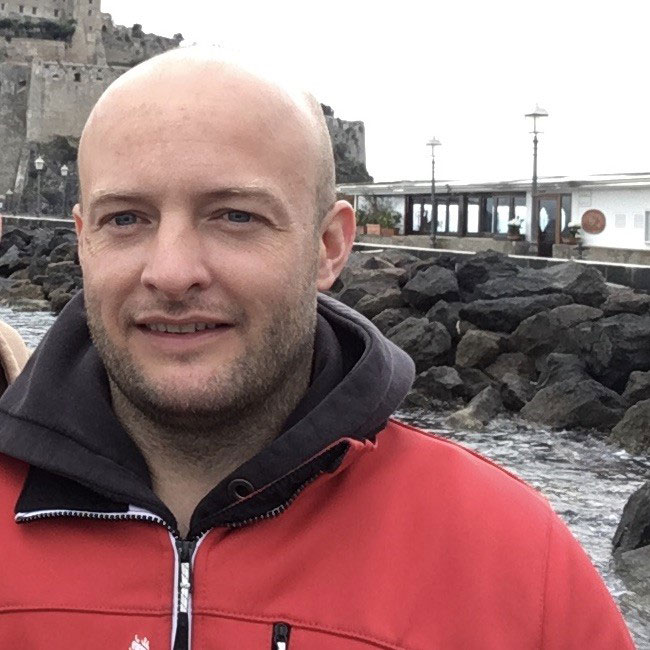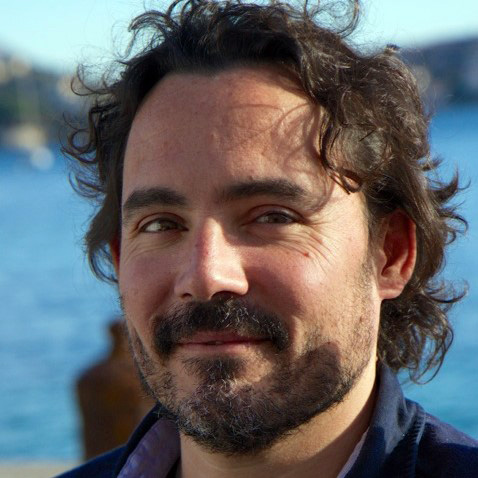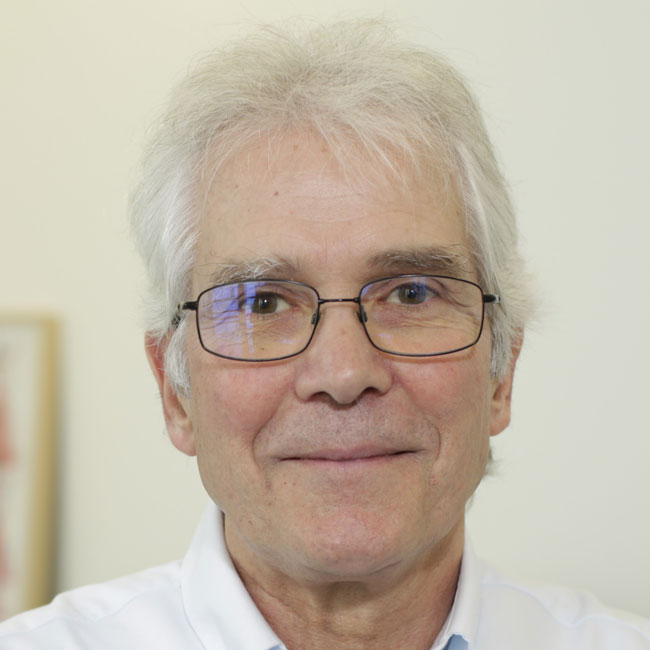Impact of climate change on Arctic macroalgal communities
[Published 09 November 2022]
Scientific Publications
Abstract
The Arctic region faces a warming rate that is more than twice the global average. Sea-ice loss, increase in precipitation and freshwater discharge, changes in underwater light, and amplification of ocean acidification modify benthic habitats and the communities they host. Here, we synthesize existing information on the impacts of climate change on the macroalgal communities of Arctic coasts. We review the short- and long-term changes in environmental characteristics of shallow hard-bottomed Arctic coasts, the floristics of Arctic macroalgae (description, distribution, life-cycle, adaptations), the responses of their biological and ecological processes to climate change, the resulting winning and losing species, and the effects on ecosystem functioning. The focus of this review is on fucoid species, kelps, and coralline algae which are key ecosystem engineers in hard-bottom shallow areas of the Arctic, providing food, substrate, shelter, and nursery ground for many species. Changes in seasonality, benthic functional diversity, food-web structure, and carbon cycle are already occurring and are reshaping Arctic benthic ecosystems. Shallow communities are projected to shift from invertebrate- to algal-dominated communities. Fucoid and several kelp species are expected to largely spread and dominate the area with possible extinctions of native species. A considerable amount of functional diversity could be lost impacting the processing of land-derived nutrients and organic matter and significantly altering trophic structure and energy flow up to the apex consumers. However, many factors are not well understood yet, making it difficult to appreciate the current situation and predict the future coastal Arctic ecosystem. Efforts must be made to improve knowledge in key regions with proper seasonal coverage, taking into account interactions between stressors and across species.
FACE-IT Scientists:
Anaïs LEBRUN
Sorbonne Université – CNRS, Laboratoire d’Océanographie de Villefranche, Villefranche sur Mer, France
ResearchGate
Role in FACE-IT:
• PhD student "Biodiversity Changes"
Jean-Pierre GATTUSO
Sorbonne Université – CNRS, Laboratoire d’Océanographie de Villefranche, Villefranche sur Mer, France
Personal page
Mastodon
Role in FACE-IT:
• Member of the Executive Board
• Leader "Identify Key Drivers and Data Management"




